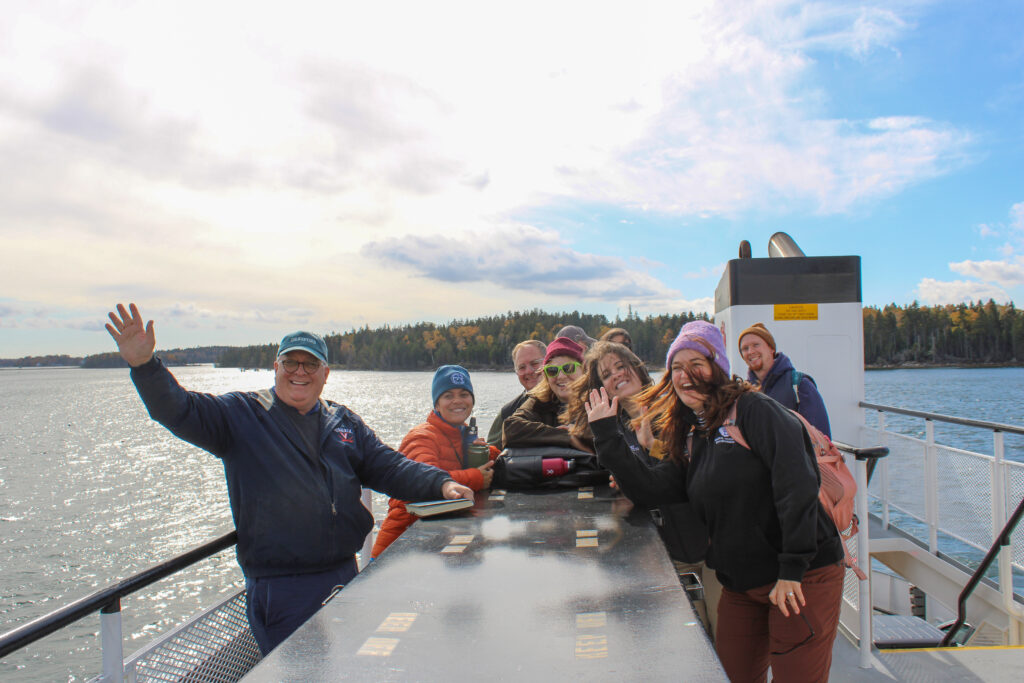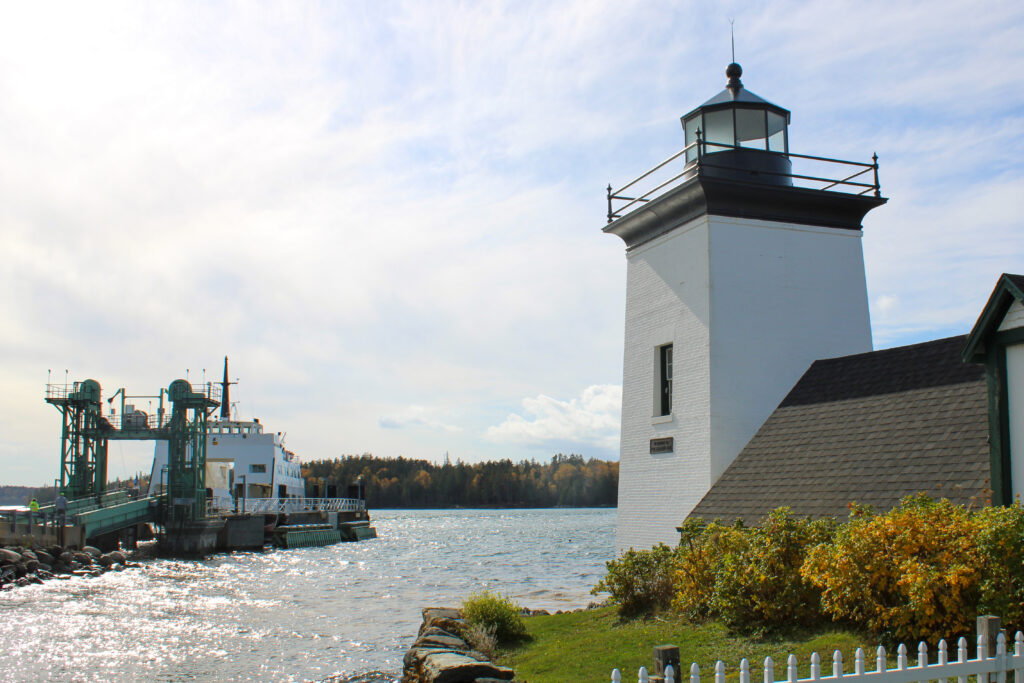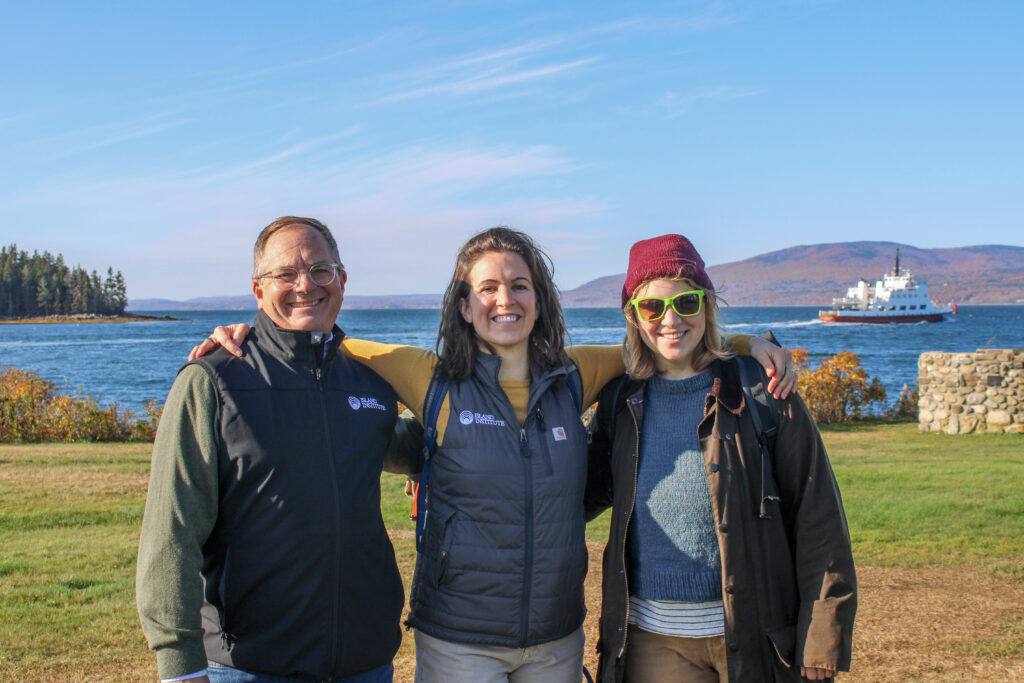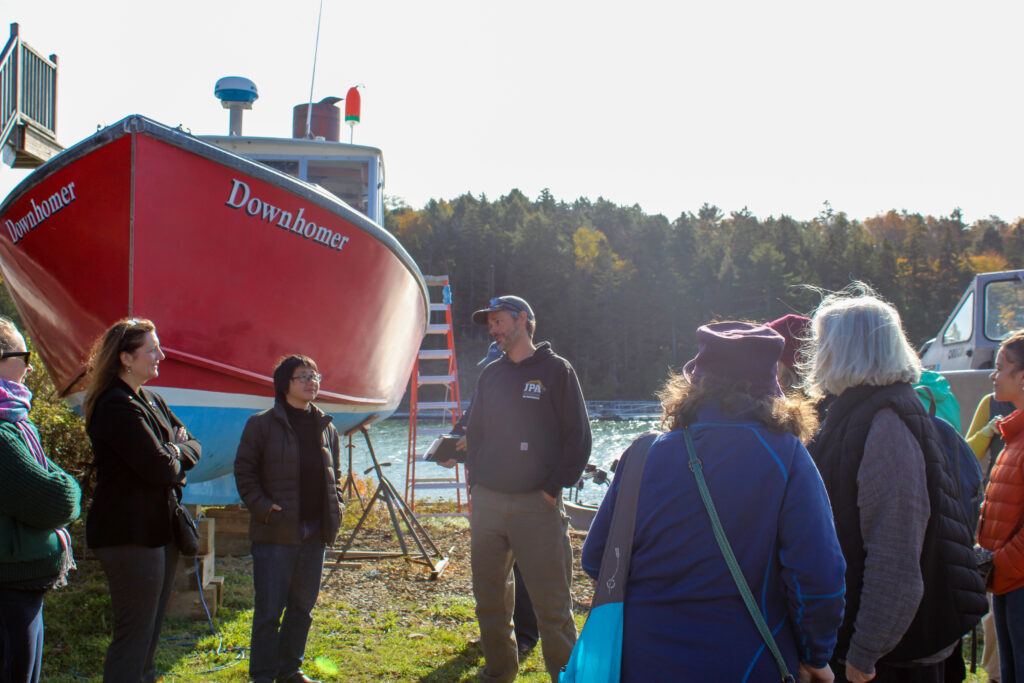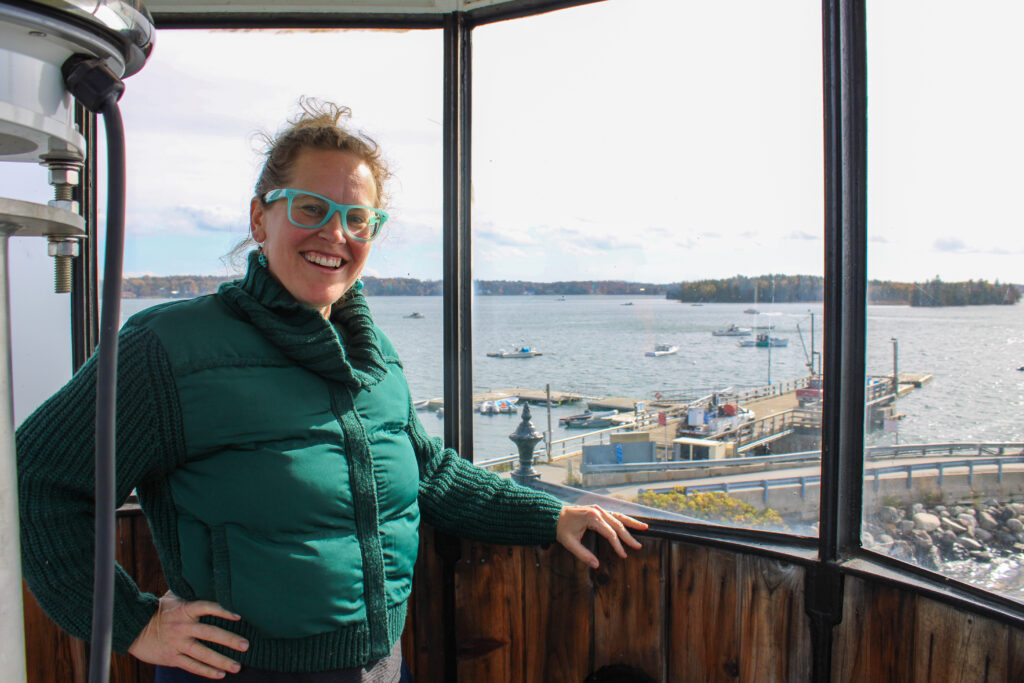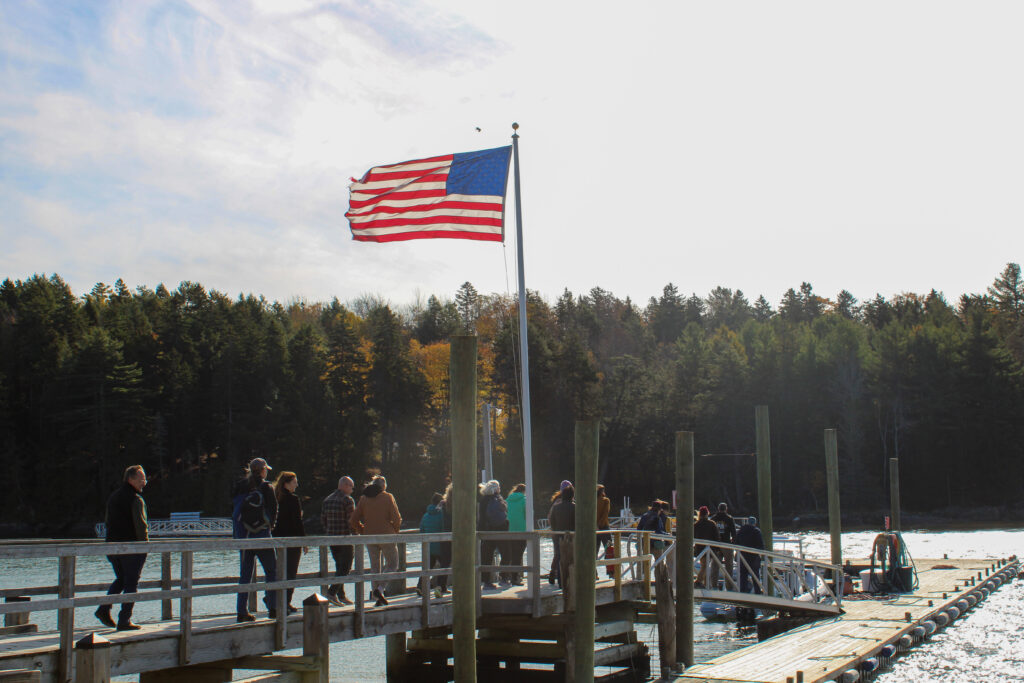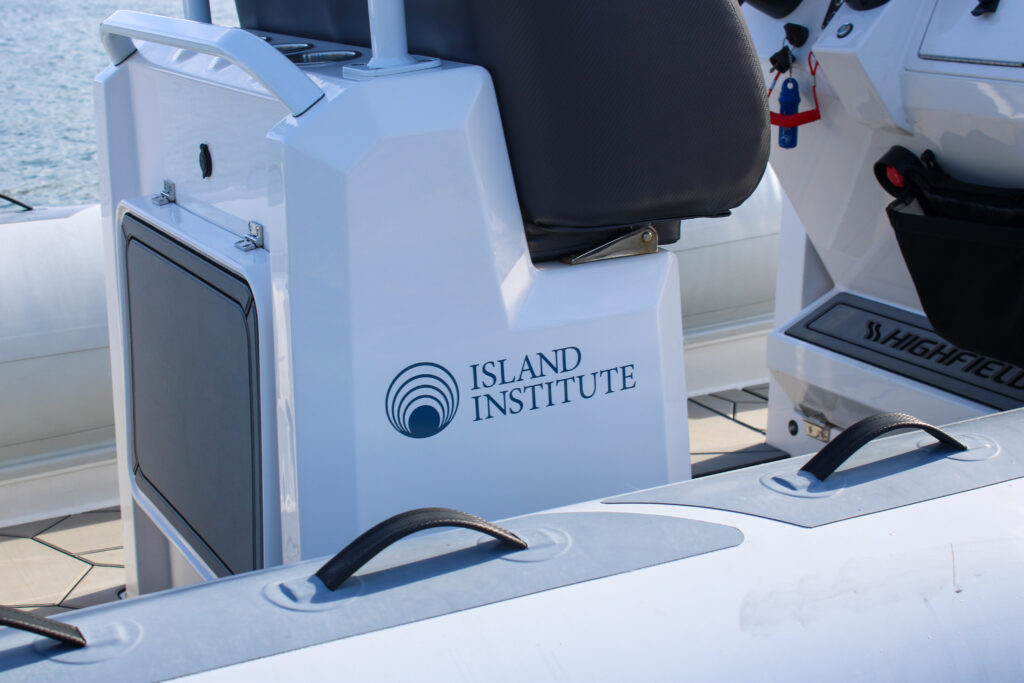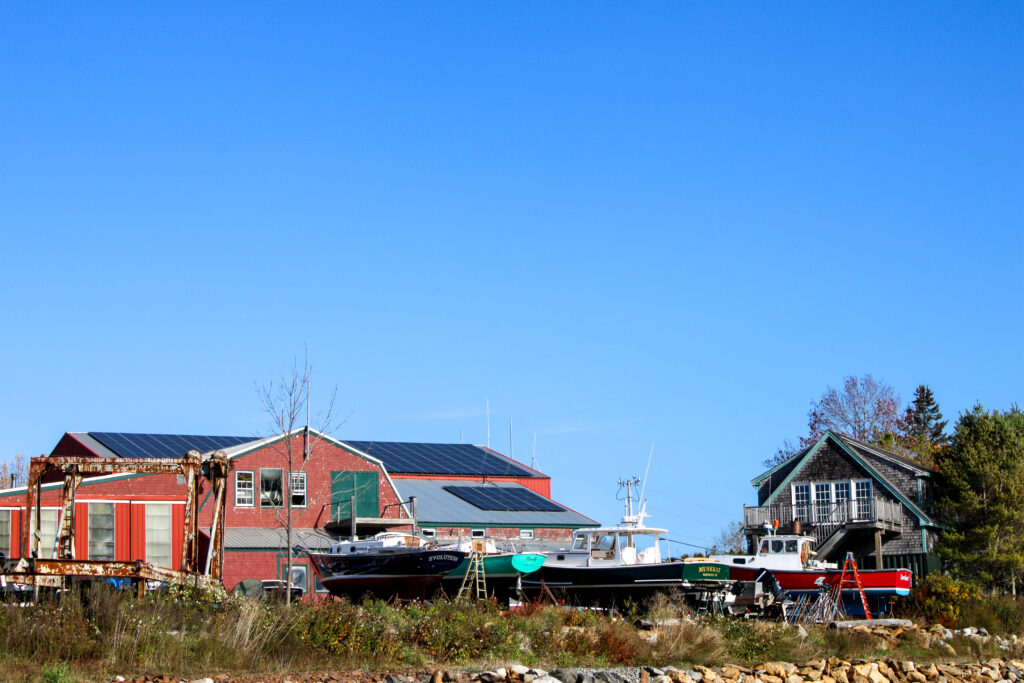Mainers face some of the highest costs of energy in the country. For electricity in particular, these price pressures are largely thanks to a combination of natural gas prices driving market rate for supply, aging infrastructure, and storm impacts. Beyond our high energy prices, many rural, island, and coastal communities face challenging reliability issues. In the most extreme cases, those living at the end of the line can suffer outages lasting not just hours, but days. Faced with these challenges, community leaders often look to technical assistance programs to plan for a more reliable and sustainable energy future.
Islesboro is a great example of an island community that has done just that. In 2023, the community concluded their first project with a federally funded technical assistance program, resulting in a comprehensive plan to create a sustainable, resilient, and low-cost energy future for the community. Since then, they have gone beyond planning and made significant steps toward their energy goals.
On a sunny day in October 2025, Island Institute’s Resilient Energy Team and representatives from communities across the northeast facing similar energy challenges boarded the ferry to Islesboro. The goal? To share essential knowledge and build lasting connections.
Throughout the day we traveled the island by bus, with exceptional storytelling led by two Islesboro Energy Committee members. They shared learnings about the ongoing efforts to strengthen the community’s access to efficient, accessible, and reliable energy, including some challenges. We met with local business owners and municipal leaders, and even visited the local library to hear about their individual commitments to energy efficiency and independence on a rural island.
Islesboro, currently dependent on a single underwater transmission line from the mainland and facing frequent outages and high energy costs, partnered with national laboratories to develop a roadmap toward its vision of becoming “100% fossil-fuel-free.” The project team analyzed the island’s existing energy use, presently dominated by fossil fuels for building heating, and identified opportunities through energy efficiency, electrification, and renewable generation, especially solar. Through the program, Islesboro now has a detailed, community-driven blueprint for transitioning to a clean, reliable, and equitable energy system.
Energy—where we get it from, how it’s generated, and how it gets into our homes— directly impacts Mainers’ quality of life. With so many variables contributing to the affordability, reliability, and security of our energy needs, technical assistance programs help rural communities ask the right questions to chart the course to a more sustainable future. Residents of Islesboro are more informed, energy efficient, and aware of resilient energy technologies thanks to their participation in the technical assistance program.
As the day came to a close, smiles, phone numbers, and lunch invitations were exchanged. Community representatives from up and down New England’s coast left the trip with new knowledge, connections, and ideas.
